News
-
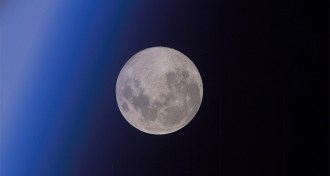 Planetary Science
Planetary ScienceMeteor showers dig up water on the moon
Meteorites release water from the moon’s soil, hinting that the moon has water buried all across its surface.
-
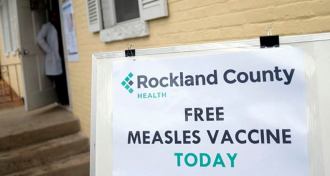 Health & Medicine
Health & MedicineU.S. measles outbreaks show no signs of slowing down
This year’s measles cases have blown by 2018’s total, raising the specter that the disease could once more become endemic in the United States.
-
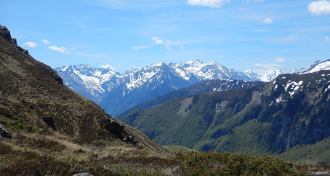 Climate
ClimateTiny microplastics travel far on the wind
Airborne bits of plastic that originated in cities ended up in pristine mountains at least 95 kilometers away, a study finds.
-
 Science & Society
Science & SocietyWhy some low-income neighborhoods are better than others
Levels of violence, incarceration and lead exposure in a neighborhood can predict a low-income child’s future earnings and outcome, a study suggests.
By Sujata Gupta -
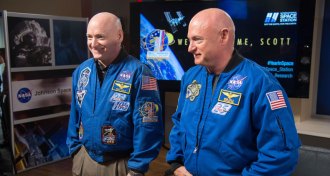 Health & Medicine
Health & MedicineNASA’s Twins Study reveals effects of space on Scott Kelly’s health
Ten research groups studying the twin astronauts found long-term spaceflight can alter a person’s physiology and gene activity.
By Jeremy Rehm -
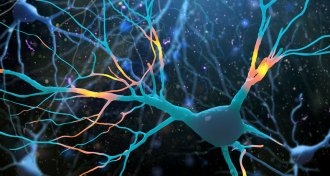 Health & Medicine
Health & MedicineKetamine cultivates new nerve cell connections in mice
In mice, ketamine prods nerve cells to connect, which may explain the hallucinogenic drug’s ability to ease depression.
-
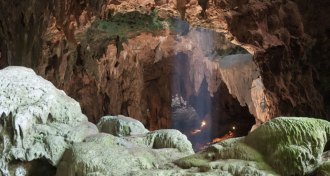 Anthropology
AnthropologyA new hominid species has been found in a Philippine cave, fossils suggest
Cave fossils found in the Philippines come from a newly discovered member of the human lineage, researchers say.
By Bruce Bower -
 Astronomy
AstronomyHow scientists took the first picture of a black hole
Here’s how scientists connected eight observatories across the world to create one Earth-sized telescope in order to create an image of a black hole.
-
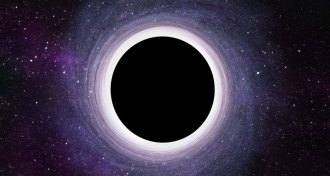 Astronomy
AstronomyAll you need to know about the history of black holes
From dreaming up black holes to snapping the first picture of one, the history of black holes has had many twists.
-
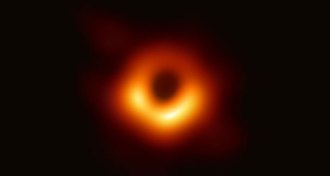 Astronomy
AstronomyThe first picture of a black hole opens a new era of astrophysics
Astronomers used a network of telescopes around the world to take a picture of the supermassive black hole in the galaxy M87.
By Lisa Grossman and Emily Conover -
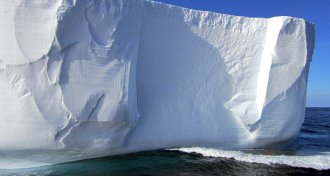 Climate
ClimateAntarctica’s iceberg graveyard could reveal the ice sheet’s future
Drilling deep into the seafloor beneath Antarctica’s “Iceberg Alley” could reveal new clues about how quickly the continent has melted in the past.
-
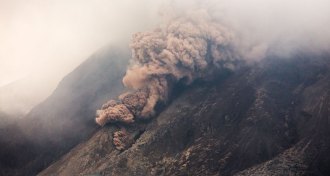 Earth
EarthHow deadly, fast-moving flows of volcanic rock and gas cheat friction
Mixtures of hot volcanic rock and gas called pyroclastic flows travel so far by gliding on air, a new study suggests.